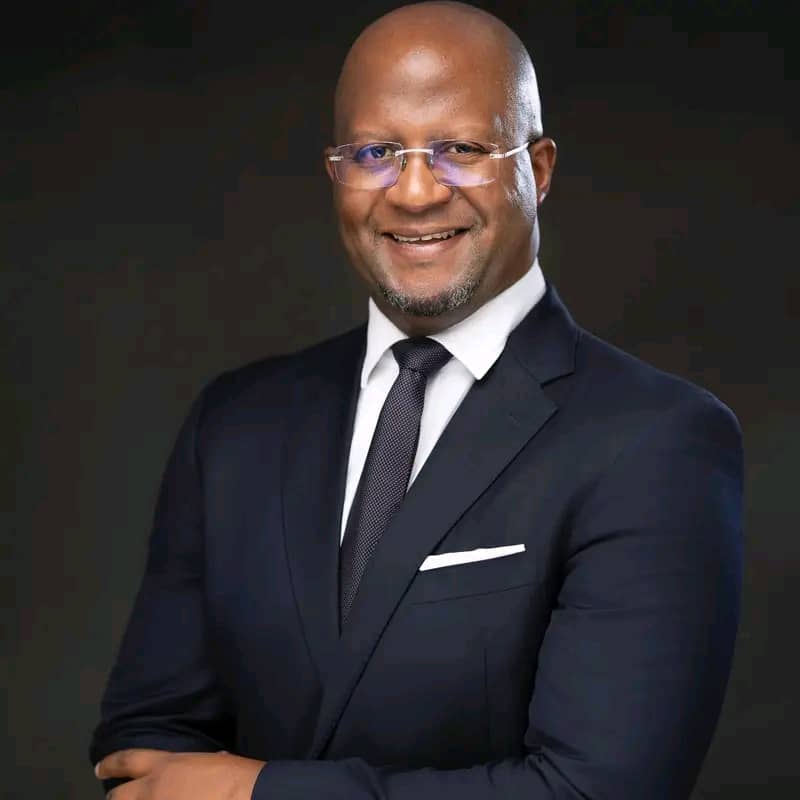(Part 2)
By Rick Dzida
In the previous article, the focus was on highlighting the strengths of Atupele Muluzi, the current leader of the United Democratic Front (UDF). Now, we will attempt to identify some controversies and challenges in his political journey.
Firstly, Atupele Muluzi’s political popularity has significantly decreased over the years. In the 2014 elections, he garnered approximately 717,000 votes, which accounted for 13.72% of the total votes cast. However, in the 2019 elections, his support plummeted to around 235,000 votes, representing only 4.67% of the votes. This sharp decline raises concerns about his ability to connect with voters and maintain a strong political base.
Furthermore, Muluzi’s failure to secure a parliamentary seat in the 2019 elections has led to scepticism among political analysts regarding his relevance on the national stage.
In fact, losing a parliamentary seat can diminish a politician’s influence and visibility, making it challenging to engage in national discourse and advocate for policies. This loss may also affect his party’s credibility and his own political aspirations moving forward.
Moreover, under Atupele Muluzi’s leadership, the UDF has seen a decrease in the number of parliamentary seats. In the 2009 elections, the party secured 17 seats, which dropped to 14 in 2014 and further declined to 10 in 2019. This trend raises concerns about the party’s electoral appeal and effectiveness under his leadership.
Additionally, some UDF supporters have expressed disappointment with Atupele’s decision to attend a government memorial service for Chilima instead of a concurrent memorial service at Nsipe in Ntcheu, where families of the deceased had gathered. This choice may have been perceived as a lack of commitment to the party’s grassroots supporters and could contribute to feelings of alienation from the base.
In addition, critics have pointed out the inconsistency in Atupele’s decision to resign as UDF President only to seek the same position again just six months later.
As a matter of fact, this move has raised questions about Atupele’s leadership stability and commitment to the party, leading some political analysts to speculate about his motivations and the implications for the party’s future.
Regrettably, Atupele’s recent comments urging the Democratic Progressive Party (DPP) presidential candidate, Peter Mutharika, to withdraw from the race due to his age have sparked controversy.
It is therefore not surprising that many Malawians have interpreted these remarks as a sign of Atupele’s insecurity regarding Mutharika’s candidacy.
In fact, critics argue that such statements reflect a form of gerontophobia, suggesting a bias against older individuals in politics. This has led to accusations that Atupele’s comments are undemocratic and undermine the principles of inclusivity and respect for all candidates, regardless of age.
In summary, these criticisms highlight the challenges Atupele faces in navigating the political landscape in Malawi, as well as the broader societal attitudes towards age and leadership.



